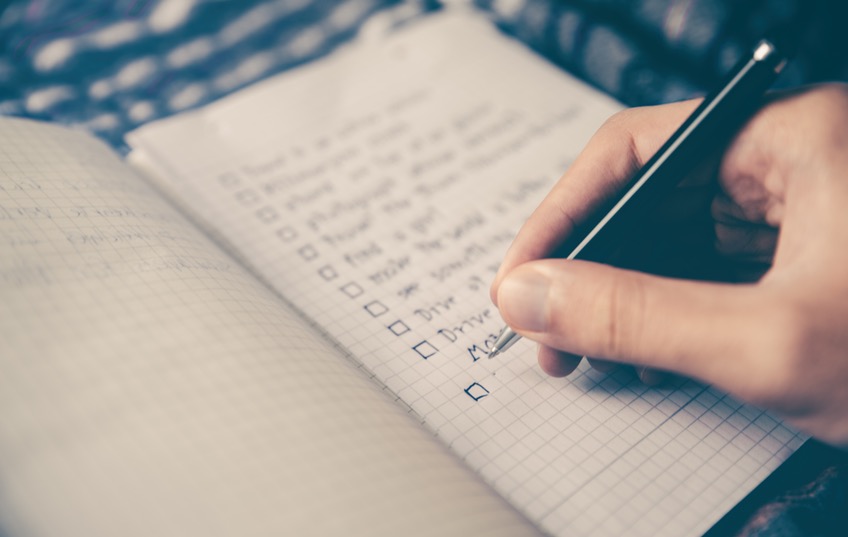Museum Of Knowledge English language learners will always face challenges when they embark on the process of learning a new language. Of course the native tongue of the students greatly affects the challenges they will face. For sure, students of Japanese speaking or Chinese speaking countries will have an additional challenge to face; learning a new alphabet as well as then turning their attention towards learning English. Then once an alphabet is mastered, to add to this, there is the general challenge that all students face when learning a language.
Other practical aspects of learning a language such as English is acquiring the skills and understanding for English competency such as alphabets, accents, grammar and syntax. One of the greatest challenges identified for effective language learning in the opinion of the Museum of Knowledge team is definitely one of time. If a student is already enrolled into a structured English language learning programme in University or in school, it will be far easier for him/ her to take private English classes to improve and put into practice what they have been taught in a school or University environment.
The discipline required to learn a language such as English is the greatest challenge students will face. Once that part of the learning process is met, a student learning English can expect to succeed and make excellent progress.




